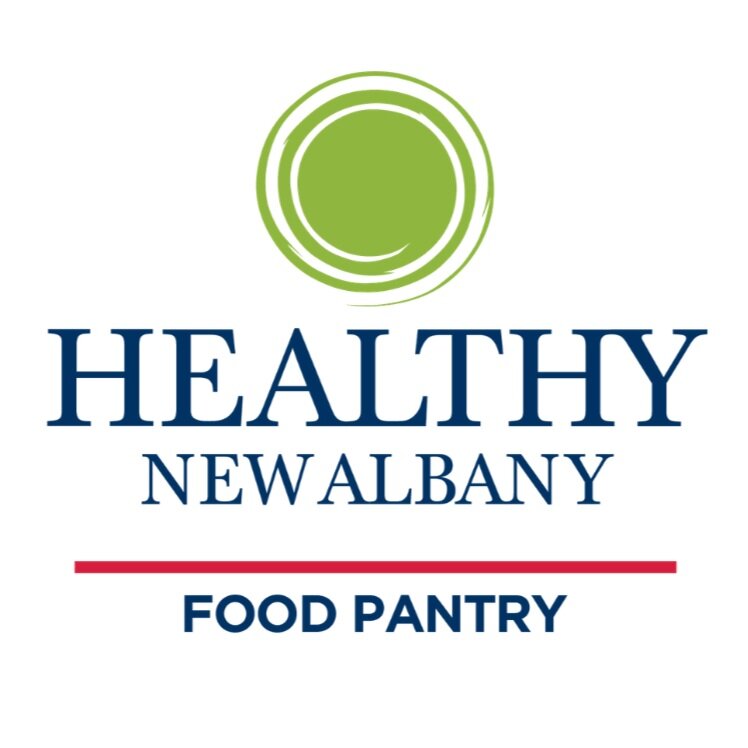Almost fifty million people are food insecure in the United States, including 17 million children, which makes food insecurity one of the nation's leading health and nutrition issues. (Source: Feeding America). In 2020, we saw a 61% increase in the number of food-insecure clients served at our pantry compared to 2019.
Studies have found that food-insecure children are at least 1.4 times more likely to have asthma, compared to food-secure children. Food insecurity is also associated with increased risks of some birth defects, anemia, diabetes, high blood pressure, and lower nutrient intakes.
A household that is food insecure has uncertain access to enough food to support a healthy life; including limited access to proper healthcare. The reason for this is because food-insecure people often have to make difficult spending decisions, such as having to choose between spending money on groceries versus medical care or prescriptions.
Emergency food services, and even connections to resources, cannot alone address the gap in health outcomes that we see. Until the root causes of food insecurity are addressed, disparate health outcomes will remain. In the coming weeks, we will address some of these issues and how we as a community can help advocate for those most impacted.
In the meantime, the New Albany Food Pantry is trying to limit the damage caused by food insecurity in our clients' lives. We are working hard to ensure that our clients have proper access to not only healthy food but also other critical resources such as free clinics for pediatric, prenatal & primary care, as well as dental, vision, pharmaceutical, and behavioral health support. The Resource library on our website is jam-packed with information on how to access each of these services.
If you or someone you know is facing food insecurity or other hardships, please click “Get Help” in the Main Menu navigation, for more information.


